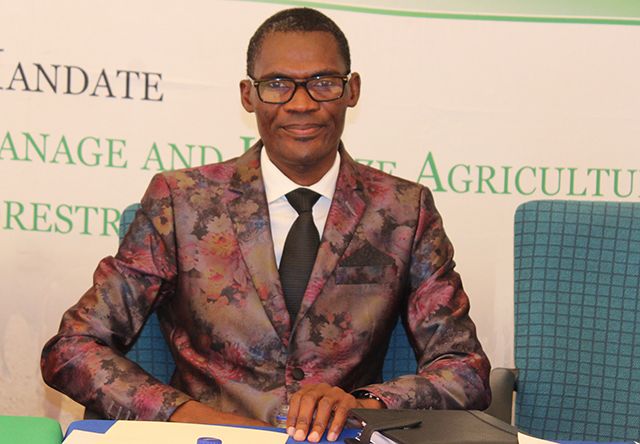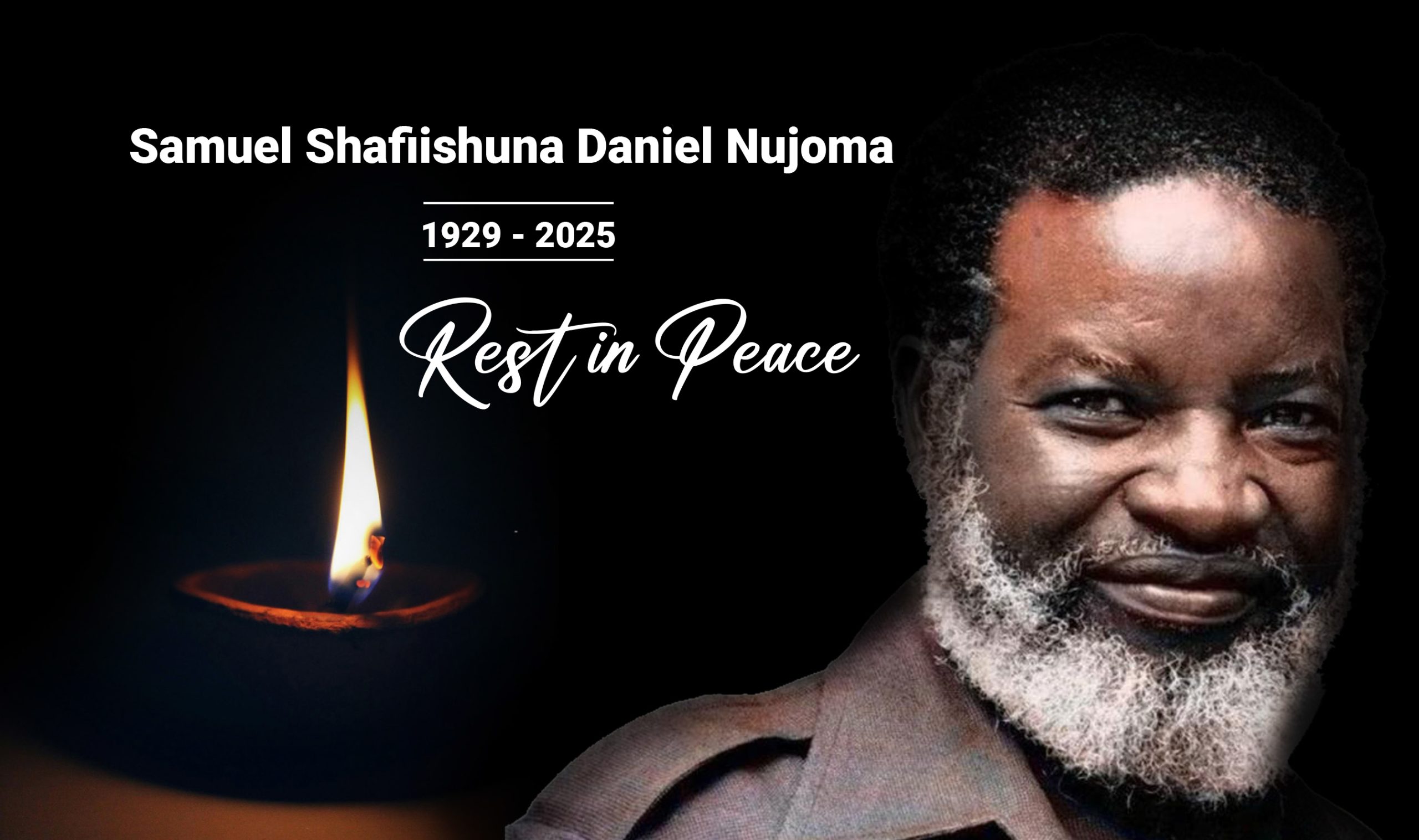Omusati governor Erginus Endjala says some of the 66 recorded cases of malnutrition in the region could be Angolan nationals who often seek treatment at hospitals close to the border.
The Office of the Prime Minister on Wednesday revealed that the region has recorded 66 cases of malnutrition since the beginning of this year.
Endjala says the region has some nomadic people who were severely affected by the 2019 drought and malnutrition is a serious problem.
“We need to find out, so we know which families are affected. Currently, the number of houses registered with us receive drought-relief food,” Endjala says.
“But remember, the hospitals that we have in the regions, especially those in the north here such as Outapi District Hospital and Engela District Hospital in Ohangwena and all the others near the borders, many of the people who are being treated there are Angolans. So I am not sure now whether those figures include both Namibians and those from Angola,” he says.
The governor adds that it is true that there are some families who are suffering, however, he needs to know from which communities they are from.
“Currently, the drought-relief food is delivered to the beneficiaries immediately after they are received by the region. We do not even store them because there is no storage room,” he says.
According to the governor, malnutrition is a serious problem that needs a thorough study on who is affected and the definite locations of where they are reported.
However, asked whether the proposed basic income grant can be a means to solve poverty, Endjala says the grant might be in conflict with already existing grants.
“Will the drought relief programme be abolished or will it work parallel to already existing government grants? To me, this grant proposal is not so clear, unless an unemployment grant can be introduced to assist young people,” Endjala says.
Stay informed with The Namibian – your source for credible journalism. Get in-depth reporting and opinions for
only N$85 a month. Invest in journalism, invest in democracy –
Subscribe Now!










